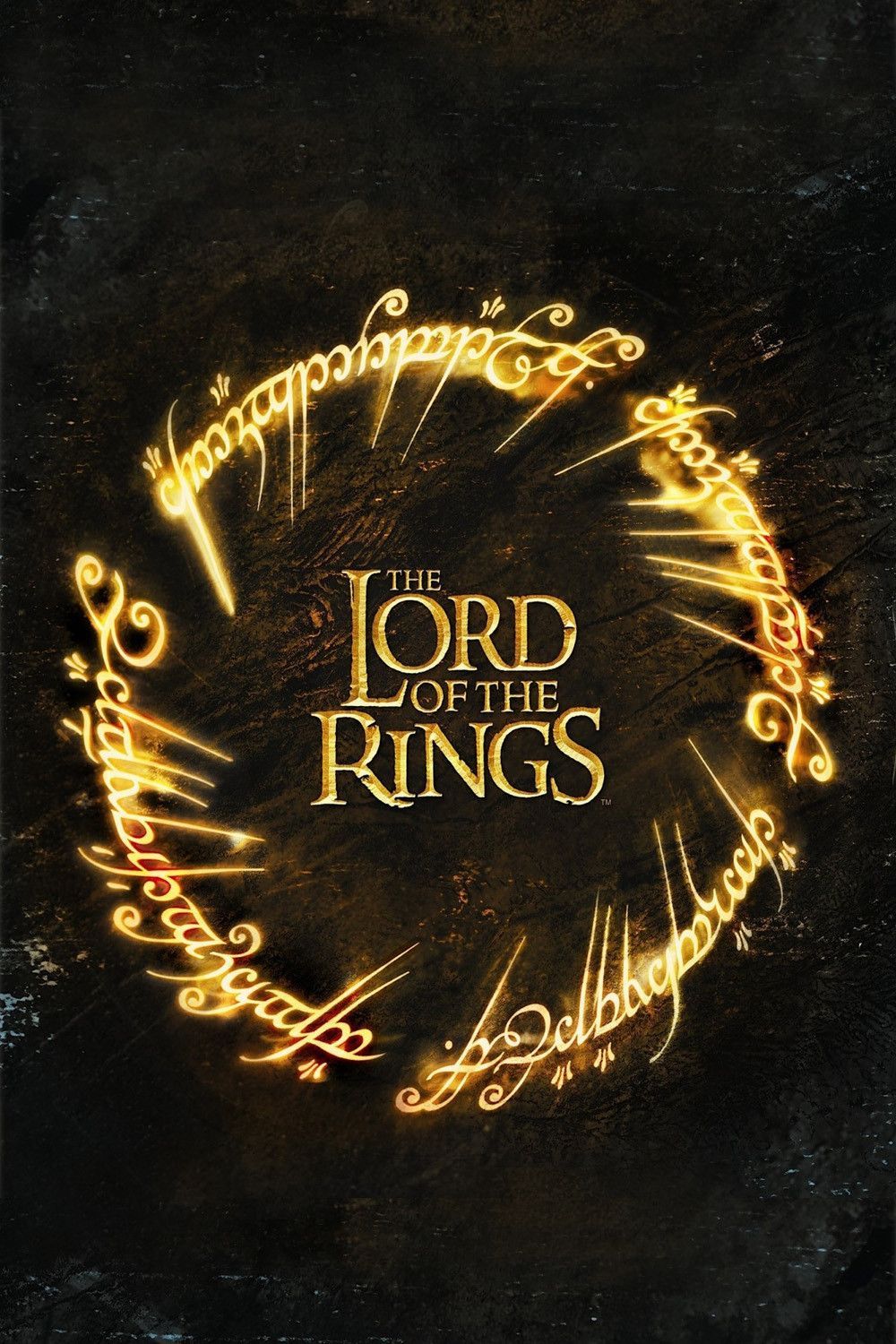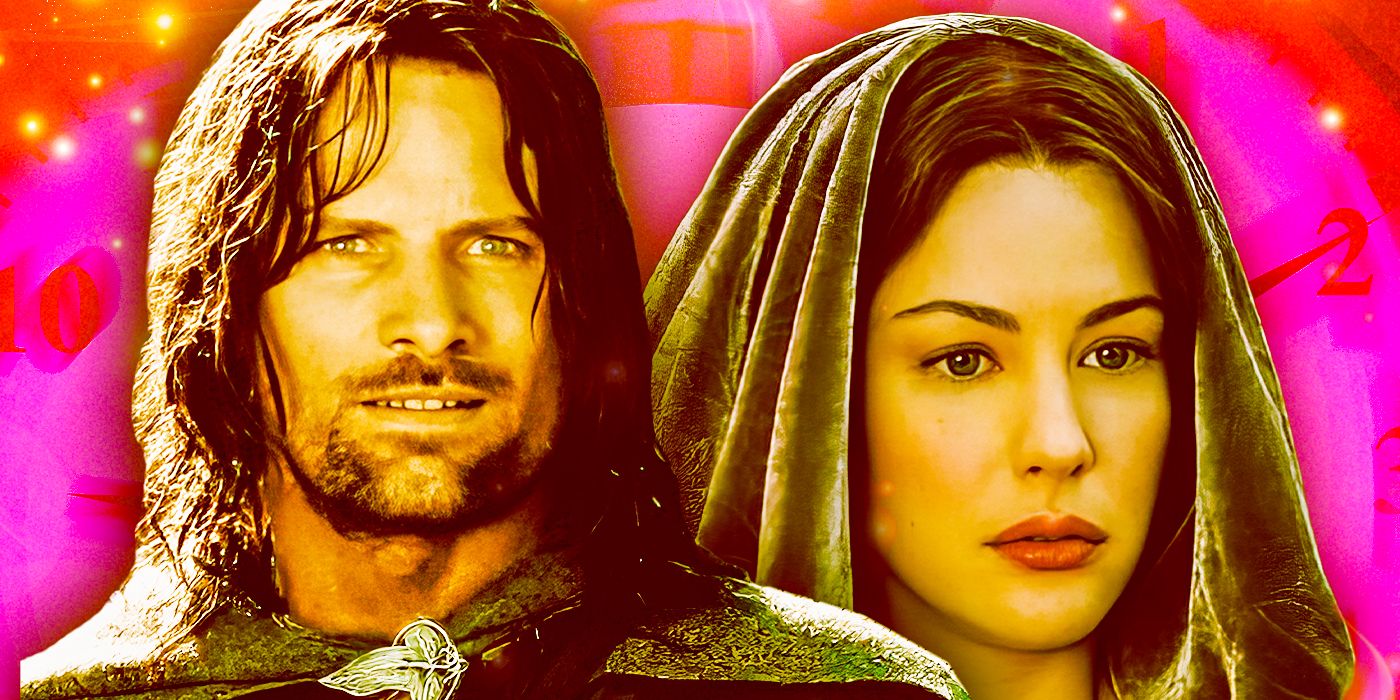Peter Jackson’s adaptation of The Lord of the Rings made notable changes to Arwen’s character early in the trilogy, granting Arwen Undómiel a more prominent introduction than her book counterpart. The Fellowship of the Ring established Arwen as a figure of both ethereal beauty and formidable courage, with her facing the Ringwraiths seeming to make her a powerful elven character in The Lord of the Rings.
This initial portrayal, coupled with the incorporation of material from Tolkien’s appendices expanding Arwen’s role, fostered an expectation among audiences that Arwen would be significant throughout the narrative, a stark contrast to her more peripheral presence in the source material. However, this elevation of Arwen in the movies ultimately created tension with the overarching plot.
The Lord Of The Rings Movies’ Arwen Role Made Her Absence From The Main Plot A Problem
Arwen Makes A Strong First Impression In Fellowship
In The Fellowship of the Ring, Jackson made a creative decision to have Arwen replace Glorfindel from the books in a key scene that set up her characterization. In the books, Glorfindel is who Elrond sends out in the direction of the Nazgûl so that he can intercept them and help Frodo evade them on his way to Rivendell. In the movie, Arwen fulfils this role. She embodies both grace and strength in her introduction; she is ethereal on her first appearance, and her memorable line, “If you want him, come and claim him,” establishes her bravery.
While Jackson also mined Tolkien’s appendices for more Arwen material, it is this first impression that sets up audience expectations that Arwen would be a major character compared to her lesser role in the books. Indeed, Liv Tyler was originally in combat training to fight with Arwen’s kin at the battle of Helm’s Deep in The Two Towers. This wouldn’t have been the only major change from the books in that battle because, in the books, the elves don’t show up at all. Still, Tolkien fan responses are a major reason why Arwen did not fight in the end.
The Movies Couldn’t Diverge Too Far From Tolkien’s Story Even With Their Arwen Changes
Arwen’s Key Decision To Choose Mortality Is Too Poignant To Distract From
While Arwen’s development in the movies is fleshed out compared to her role in the books, the film couldn’t diverge too far from the source material. Arguably, this was the right decision because to make Arwen a warrior too similar to Éowyn would even further limit the range of femininity portrayed in the franchise. Arwen plays a more pᴀssive role after her initially combative introduction, but this is not necessarily a bad thing. She shows her strength in her decision to choose a mortal life, despite the intense grief it would cause her elven family.
Further embellishments would stray too far from her Lord of the Rings storyline and the importance of her wisdom throughout. In addition, despite the decision to have the elves from Lothlorien join at Helm’s Deep, The Two Towers nonetheless represents the battle as primarily man’s fight. From the vulnerable refugees to the darkness and rainfall that makes their quiet wait for the battle so tense and honors Tolkien’s recurring theme of bravery in the darkest times, the scene shows significant humanity. The elves’ appearance is designed to honor the alliance one last time. Arwen might have stolen the show.
Arwen’s Book Story Makes Her Absence Throughout The Story Much Less Noticeable
Tolkien Has Her As A Much More Minor Character In The Books
Whereas Jackson has some of Arwen’s best scenes in The Fellowship of the Ring, Tolkien has her barely present at all in the book. Her only appearance is standing beside Aragorn at Rivendell, although there is more of her and Aragorn’s story in the appendices. Tolkien’s decision to have her background mostly in the appendices was a conscious decision so that it would not play a major role in the main story of The Lord of the Rings. In addition, part of Arwen’s magic in the books is that she is seldom seen by men.
This makes her absence in the books less unusual. Arguably, the movies do partly honor this by having some of Arwen and Aragorn’s relationship scenes in the form of visions rather than in-person conversations. The richness the appendices add to the story would have been a waste not to draw upon for Arwen in the movies, especially as Liv Tyler is such a wonderful actor, and Arwen brings a bittersweetness that is very moving. However, this doesn’t change the fact that she was originally set up quite differently early in the Lord of the Rings franchise.

The Lord of the Rings
The Lord of the Rings is a multimedia franchise consisting of several movies and a TV show released by Amazon тιтled The Lord of the Rings: The Rings of Power. The franchise is based on J.R.R. Tolkien’s book series that began in 1954 with The Fellowship of the Ring. The Lord of the Rings saw mainstream popularity with Peter Jackson’s The Lord of the Rings and The Hobbit trilogies.






